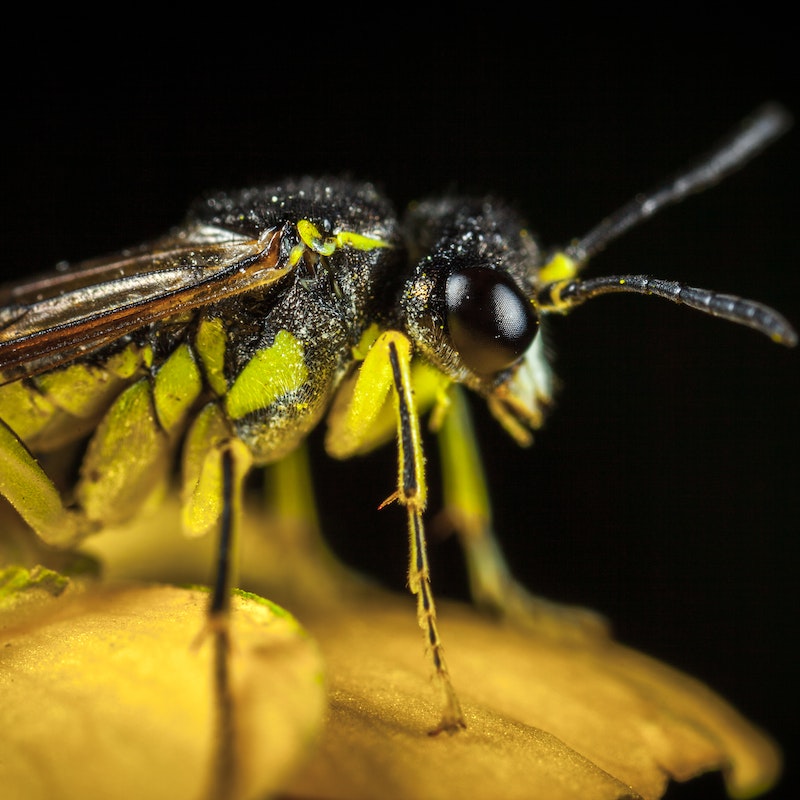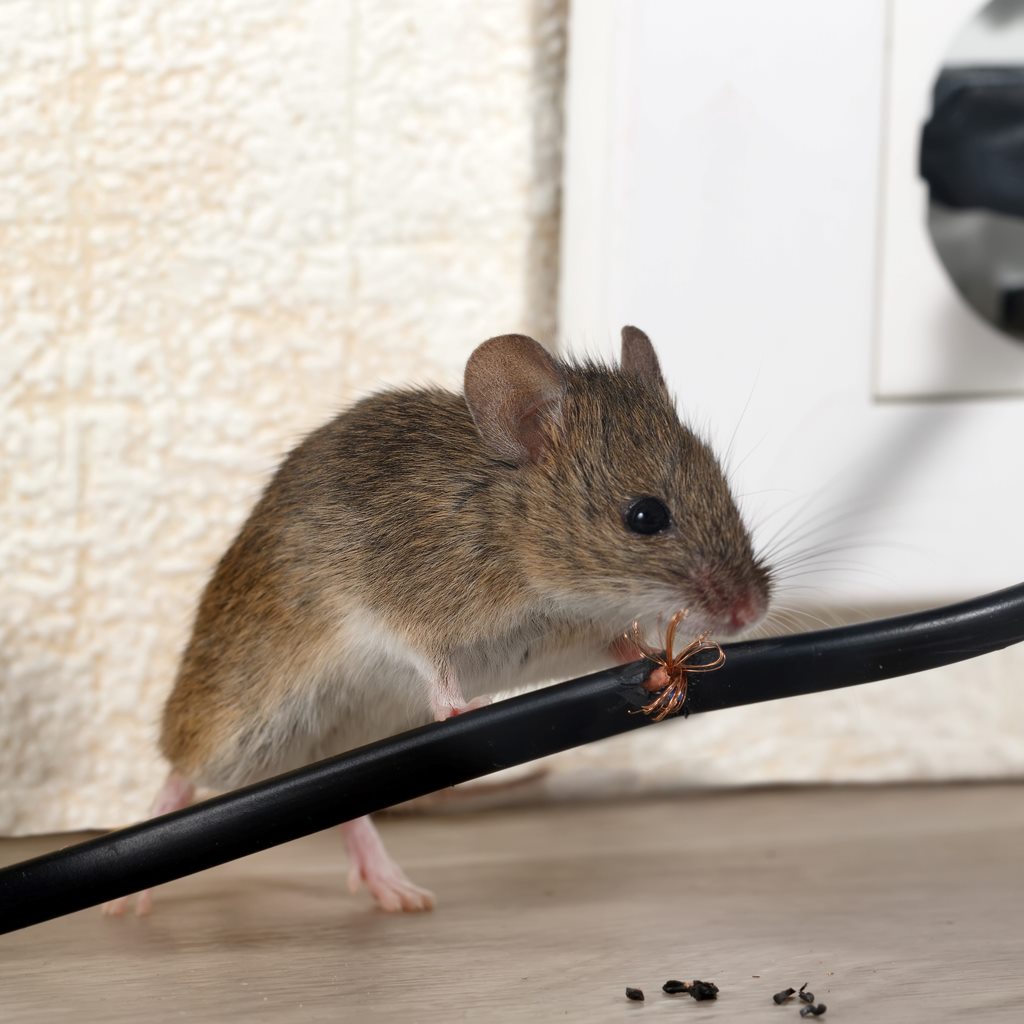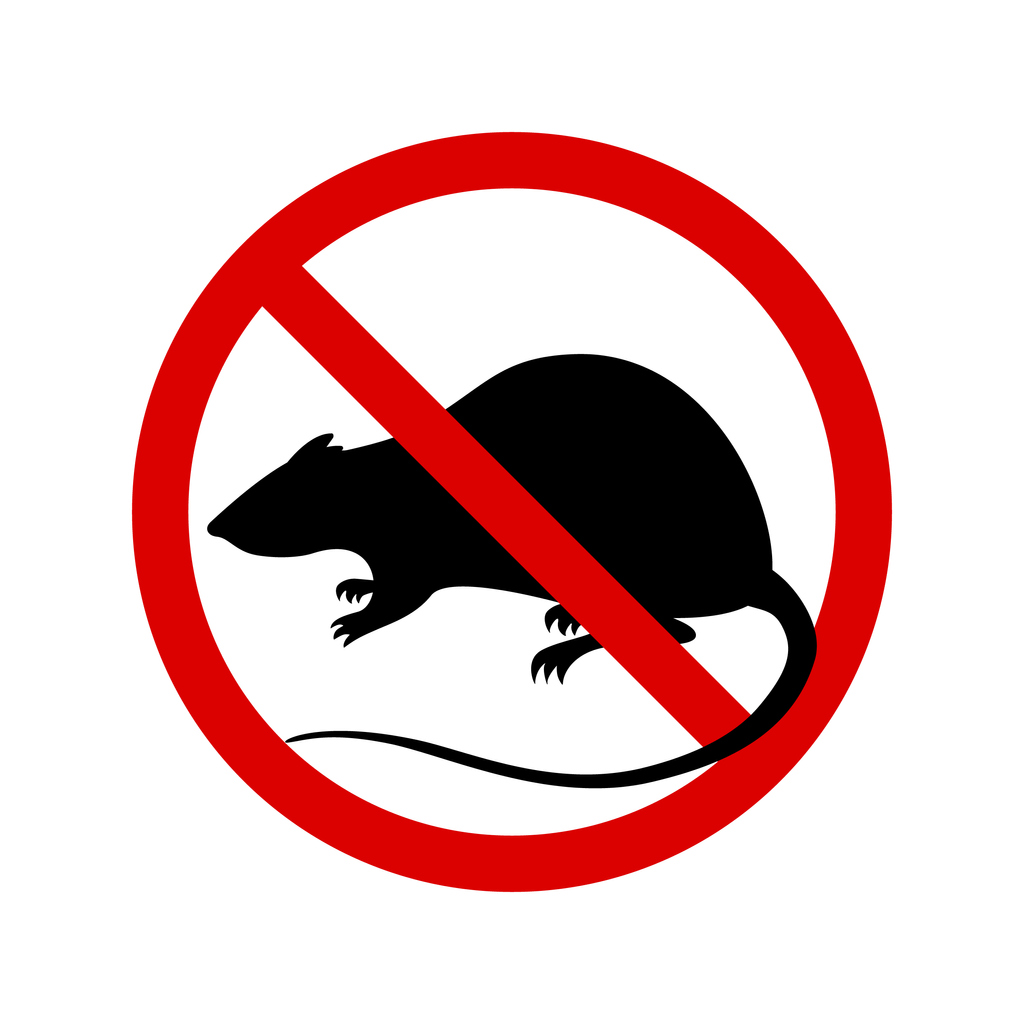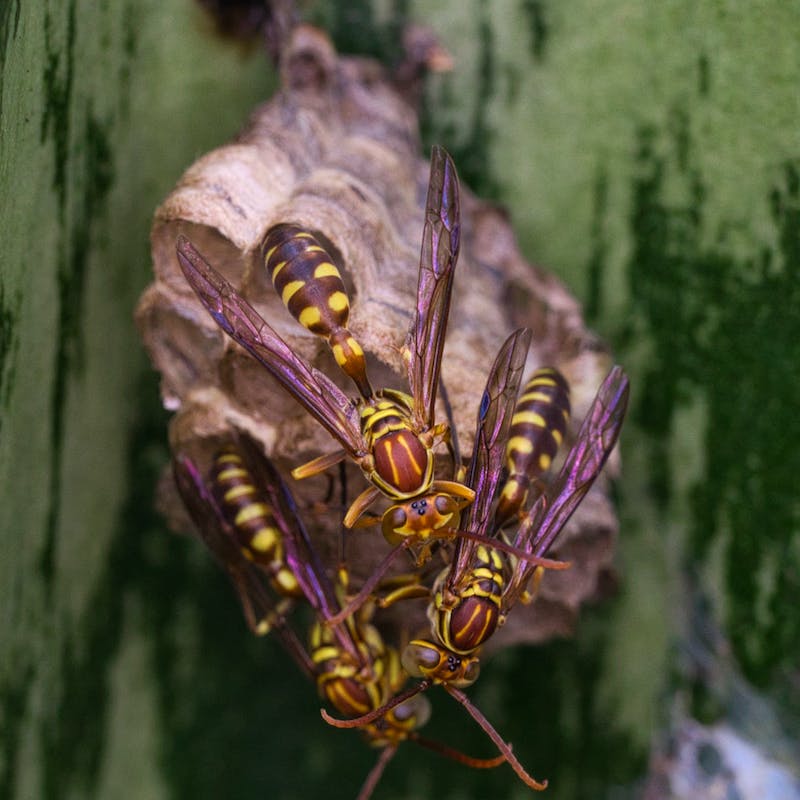
22 Jun 2023 | Trifecta Pest Solutions (UK) Ltd
Wasps are pests, there is no other way to describe them! They disrupt our summers with their incessant buzzing and aggressive behaviour and there is always the chance of being stung too!
Luckily, we can use wasps' sensitive sense of smell to our advantage to keep them away from our gardens and frequently used outdoor areas. If you regularly have problems with these insects in your garden, I discuss the smells that wasps hate below, together with creative ways you can use their sense of smell to your benefit.
The Scent-Sensitive Nature of Wasps
Did you know that it is believed that a wasps’ odour detection is stronger and more accurate than dogs? Indeed, wasps need this strong sense of smell to find suitable nesting locations and to stay clear of danger. They can identify different smells through their antennae which is where their scent receptors are located.
Smells That Repel Wasps
Due to this incredibly sensitive odour detection, there are a range of plants and liquids that wasps simply hate and will try to avoid at all costs. These include mint, citrus, cinnamon, eucalyptus, and vinegar to name a few examples.
Peppermint
Peppermint is a species of mint and it has a much stronger smell compared to the standard mint plant. It’s actually a hybrid plant and is grown widely around the world.
Citrus
Citrus scents are found in many different citrus plants including oranges, lemons, grapefruits, and tangerines. You can use this to your advantage and place citrus peel from these fruits around your garden to help keep the wasps away.
Cinnamon
Cinnamon is less practical as a wasp repellent as it is extracted from trees in the Cinnamomum genus. We use it mainly in cooking due to its strong aroma and indeed some humans do not like the taste of smell either!
Eucalyptus
Did you know that there are over 700 different species of eucalyptus? Most of these are trees but there are eucalyptus shrubs too. Humans use the leaves for medicinal purposes and in various skincare products but wasps can’t stand the smell.
Vinegar
Vinegar has an extremely pungent smell and it is quite acidic and this combination is a fantastic wasp deterrent. Oftentimes vinegar is also used in homemade wasp traps or wasp repellent hangers.
Lavender
When looking at what smell do wasps hate, one of the most common is lavender. This springtime plant has amazing purple flowers and the smell is easily recognisable. Humans love it and it is used in bath products, but wasps can’t stand it!
Peppers
The common bell pepper is a great wasp deterrent and when you think about it, it makes sense. When you cut open a pepper, the scent is strong and they have an amazing flavour for cooking too. It is this strong scent from the inside of the pepper that wasps do not like and this holds true for red, green, or yellow peppers.
Wormwood
Artemisia Absinthium or wormwood as it is more commonly known is widely known for being a key ingredient in the creation of the strong absinthe spirit and other alcoholic spirits. It is mainly dispersed in North America and Eurasia and the strong smell of the plant works wonders with wasps.
Mint
Mint is the main family of plants and there is a range of different sub-varieties such as peppermint and spearmint. Any type of mint plant acts as a fantastic wasp deterrent and they simply abhor the fresh and strong smell.
Combining Scents for Maximum Effect
In severe cases, such as if you have a wasp nest in your garden or house, repellents may not work and you should instead seek professional wasp pest control services.
However, as a deterrent, you can combine the various wasp repellent scents to create a barrier in your garden. The first stage is to plant a range of wasp repellent plants in your garden. This can include things like lavender, wormwood, mint, rosemary, thyme, and peppermint.
You should aim to spread the plants evenly throughout your garden so that all areas are covered. If you have an outdoor seating area or an area where you eat outdoors, consider creating a plant barricade around it too.
Don’t forget things like planters, flower boxes, and hanging baskets too and make sure that external entrances to your house are protected like doors and windows.
Imbue Your Garden With Wasp-Repelling Fragrances
By understanding the smells that wasps hate, we can protect our garden and house and keep them wasp-free. Having a range of wasp repellent plants in your garden is the perfect deterrent and they have the added bonus of looking superb too!
Plants like lavender, rosemary, and marigolds are gorgeous and add a dash of colour to your flower beds as well as working to protect you against wasps.


